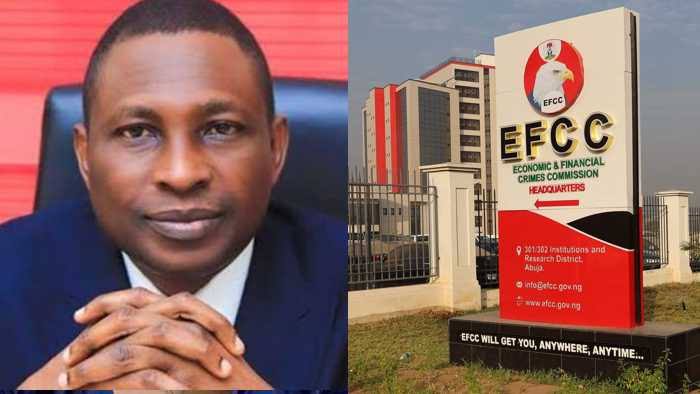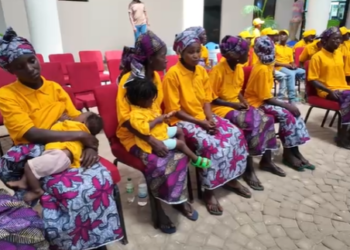The Chairman of the Economic and Financial Crimes Commission (EFCC), Ola Olukoyede, has condemned the growing activities of internet fraudsters, popularly called Yahoo Boys, saying they are damaging Nigeria’s global reputation and bringing shame to the country.
In a video shared on the official EFCC X (formerly Twitter) handle on Monday, Olukoyede described cybercrime among Nigerian youths as a “national crisis” that must be addressed with urgency.
“Let me use this opportunity to talk about the Yahoo Yahoo issue, which has become a big problem in Nigeria,” he said. “People always ask why we go after Yahoo Boys instead of those stealing public funds. But Nigerians need to know we are dealing with a serious crisis.”
According to him, the actions of Yahoo Boys have left Nigerians with a tainted image overseas. He recounted how holders of the Nigerian passport often face intense scrutiny and suspicion when they travel abroad.
“When you travel with a green passport, and you’re in a queue with others, the moment officials see your passport, they treat you differently,” he said. “Some even take you aside for special checks. That’s the level of embarrassment we now face because of the actions of some young Nigerians.”
Olukoyede said the fraud-related reputation has made it harder for the EFCC to work with international agencies in recovering stolen funds and assets. “When I travel to meet partners or foreign governments for asset recovery, they ask tough questions. They’ve seen it all on social media. This is the crisis Yahoo Yahoo has created,” he added.
He stressed that many young Nigerians now see fraud as a way of life instead of working hard and earning legitimately. “A lot of our young men no longer believe in hard work. They celebrate fraud openly. This must stop.”
However, critics argue that Yahoo Boys are not the only reason for Nigeria’s damaged image abroad. They point to several high-profile cases of corruption involving top politicians and government officials.
For instance, the late military dictator, General Sani Abacha, looted billions of dollars from Nigeria’s treasury. Decades later, foreign countries are still repatriating his stolen wealth.
Former Delta State governor, James Ibori, was convicted in the UK for money laundering and served time in prison. Similarly, ex-Bayelsa governor Diepreye Alamieyeseigha once fled the UK disguised as a woman to avoid arrest for corruption.
Even current officeholders have faced allegations abroad. President Bola Ahmed Tinubu, Ogun State Governor Dapo Abiodun, House of Reps Speaker Femi Gbajabiamila, and Senator Neda Imasuen all have had documented cases or controversies tied to them internationally.
Despite these facts, Olukoyede insists that youth-driven cybercrime is currently the biggest threat to Nigeria’s global image. He urged young people to shun fraudulent lifestyles and embrace integrity.
“Our fight isn’t just about arrests. It’s about restoring our dignity as a people. We must choose hard work and honesty over shortcuts,” he said.











